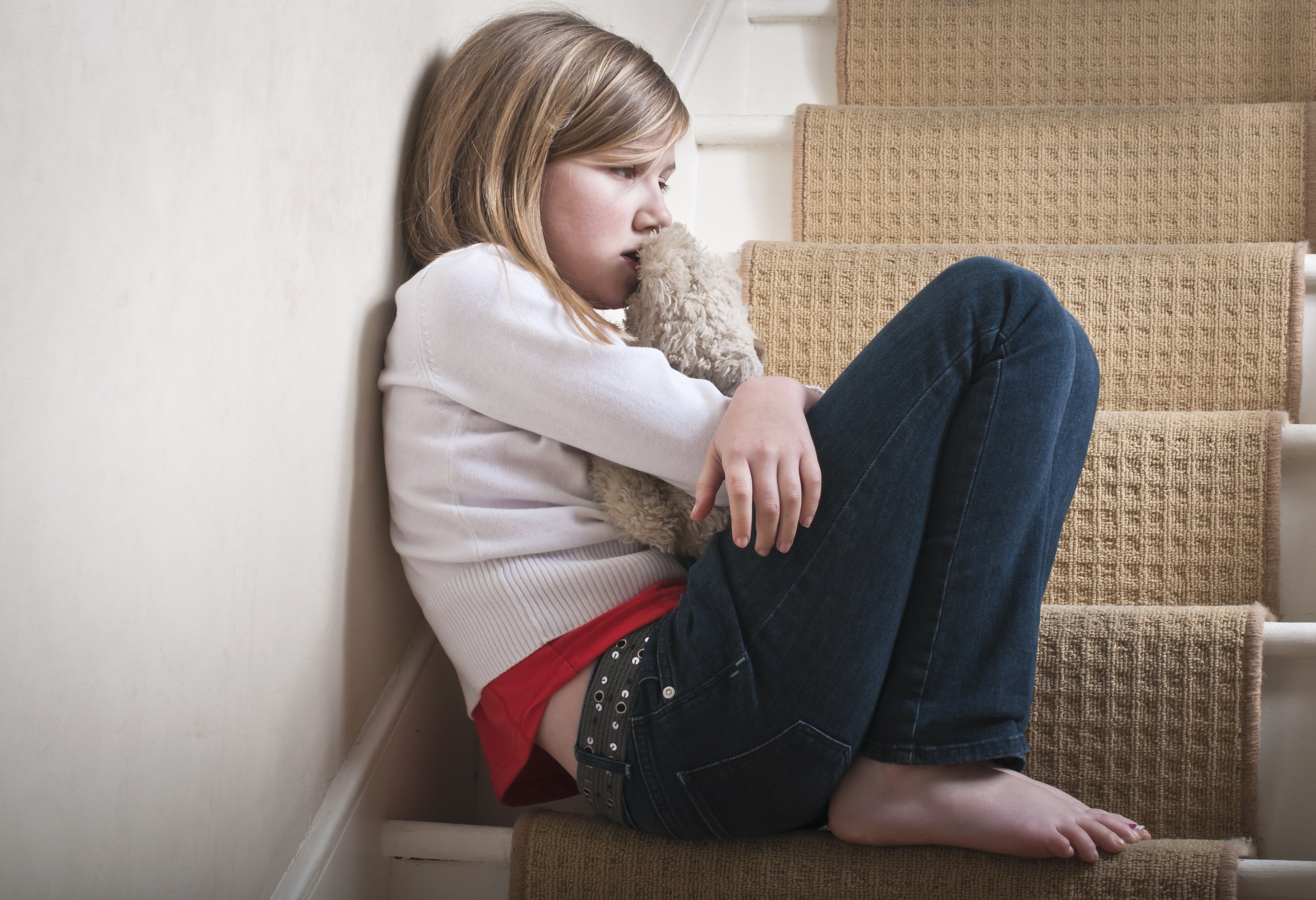These disorders are characterized primarily by the experience of excessive fear and anxiety. Children with generalized anxiety disorder spend a lot of time worrying about a lot of different things. Children with social anxiety disorder feel very anxious around other people, including their peers, because they are afraid of embarrassing themselves or being disliked. Children with panic disorder have sudden rushes of intense fear or discomfort called panic attacks. They often worry about having another panic attack and might avoid certain situations that might trigger a panic attack. Children with agoraphobia are afraid of going into certain situations because they are afraid it might be difficult to escape or because they might experience panic-like symptoms or embarrassing symptoms. Commonly avoided situations are using public transportation, being in open spaces like parking lots, being in enclosed places like movie theaters, or being in a crowd. Children with a specific phobia are very afraid of one or more objects or situations, such as flying, heights, animals, or seeing blood. Children with separation anxiety disorder are afraid of being away from a certain person or people, often a parent, often because they are afraid that something bad might happen to them or the other person if they are separated. Children with selective mutism do not speak in situations where it would be socially appropriate for them to speak, such as at school.
The anxiety disorders are characterized by excessive fear and anxiety, along with behavioral disturbances, like avoiding certain places, people, or situations. The anxiety disorders differ from each other in the target or focus of the fear. In some anxiety disorders, like specific phobia, the child is only excessively fearful of narrow range of objects or situations. In other anxiety disorders, like GAD, the child may feel anxious a great deal of the time or about a lot of different things.








